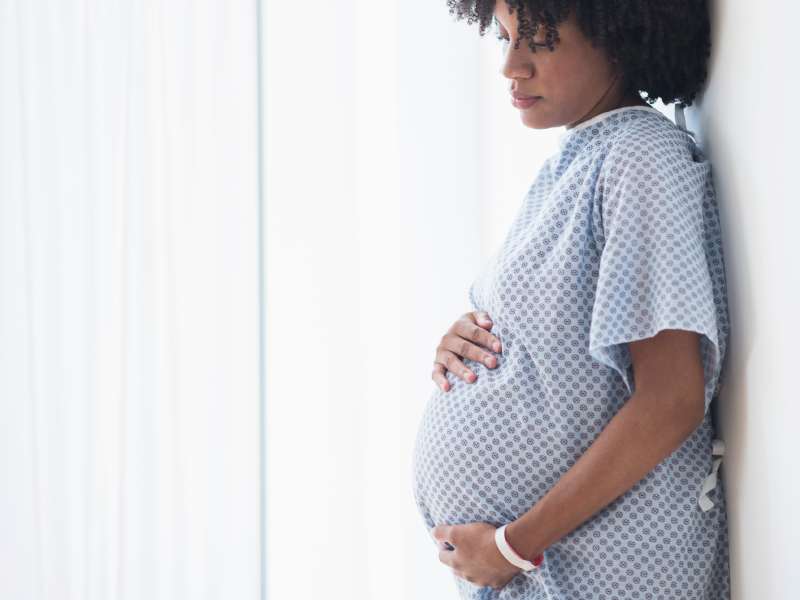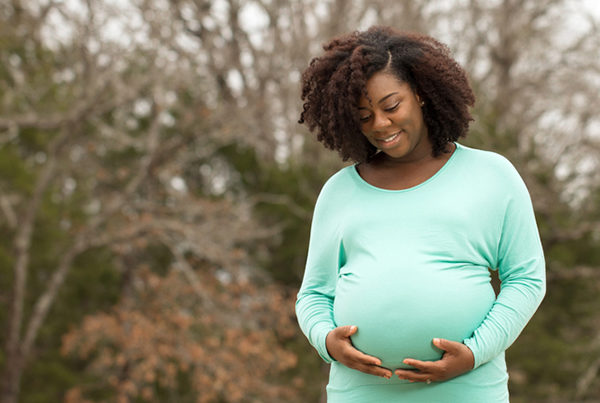Can you get pregnant with irregular periods? The answer is yes, but it may be more difficult for you than it is for someone with regular cycles. If your menstrual cycle varies by less than two days you are twice more likely to get pregnant over a given period of time than women whose cycles vary by more than six days.
If you have regular cycles you are four times more likely to get pregnant than if your cycles vary by more than 10 days. Some women with irregular cycles will need to use fertility treatments. Sometimes, making lifestyle changes can regulate previously irregular periods and help you conceive.
How easily you’ll be able to conceive depends on factors such as the cause of your irregular periods, how irregular your periods are, or whether or not you can time sex for pregnancy accurately.
An irregular period is defined as a menstrual cycle that is either shorter than 21 days or longer than 36 days. Your cycle may also be considered irregular if it varies significantly from month to month. For example, if one month your cycle is 23 days, and another it’s 35, your cycles would be considered irregular.
Variations in cycle length are associated more strongly with infertility than just having a shorter or longer regular cycle. In other words, if your cycles tend to be slightly longer than the normal range, but they are consistently that length, you may be less likely to experience fertility problems than someone whose cycles vary significantly but the length falls within the norm.
So if your cycles are off by a day or two from month to month, you don’t need to worry. It’s when the variations are longer—five or more days—that you may face fertility difficulties.
The point being made here is that an occasional irregular cycle is also normal. Stress or illness can delay ovulation or menstruation, causing your cycle to be longer, and sometimes shorter, than usual.
If you have just one or two of these “off” periods over a long period, you don’t need to worry. However, if your cycles are frequently irregular—or you go quite a long time between menstrual cycles—you should see your doctor for an evaluation.
If you are ovulating, but irregularly, you’ll need to make a special effort at determining your fertile window. There are many ways to predict ovulation and you might need to use more than one to help figure out when is the best time for you to have sex.
By now, you should know that ovulation predictor tests work a lot like pregnancy tests, in that you pee on test strips to determine when you’re most fertile. The tests give multiple “false positives” if you are diagnosed with PCOS.
Another possible disadvantage of using these tests when your cycles are irregular is that you’ll need to use more than the average number of test strips. You don’t use the tests your entire cycle, but only around the general time you might expect to ovulate. When your cycles are irregular, that possible ovulation window may be longer than it is normally.
You may consider charting your basal body temperature (BBT) which can show you when you actually ovulated. You can also share your BBT charts with your doctor who may be able to use this information to make a diagnosis.
The most accurate way to detect ovulation, or lack thereof, is through a trans-vaginal ultrasound and/or through blood work taken at your physician’s office. Talk to your doctor about these options to determine if they are right for you.
You may not even bother about trying to detect ovulation and just have sex frequently throughout your cycle. Some couples find timing sex for pregnancy stressful. This avoids that stress. You won’t be trying to have sex when you get the positive ovulation test result. You’ll just have sex, frequently, all month long (ideally, every other day). With this method, you don’t have to worry about missing ovulation.
Irregular cycles may point to a subtle hormonal imbalance. You may still be ovulating every month, but your ovulation day may vary. If you’re ovulating, you may be able to get pregnant without the help of fertility drugs.
However, sometimes irregular periods are a sign of anovulation. Anovulatory cycles are menstrual cycles where ovulation doesn’t take place. If you’re not ovulating, you can’t get pregnant without the help of fertility treatments.
Irregular periods may be a sign of polycystic ovarian syndrome (PCOS) – a common endocrine disorder among women of childbearing age. Not everyone with PCOS will experience infertility, but many will take longer to get pregnant.
An underactive or overactive thyroid can cause irregular periods, as well as infertility. Other possible symptoms of a thyroid imbalance include weight changes, difficulty falling asleep or feeling tired all the time, unexplained anxiety or depression, or problems with constipation or diarrhea.
Prolactin is a hormone primarily responsible for stimulating the breasts to produce breast milk. Hyperprolactinemia is when the hormone is elevated even if you are not pregnant or currently breastfeeding and could be the cause of infertility.
Abnormally high levels of prolactin can cause irregular periods or even cause your periods to cease completely. Other possible symptoms may include swollen or tender breasts, leaking breast milk from the nipples, or painful sexual intercourse from vaginal dryness.
Also known as premature ovarian failure, primary ovarian insufficiency can cause irregular or even completely absent periods. Low estrogen levels sometimes occur along with both conditions, and this can lead to symptoms like vaginal dryness, painful sexual intercourse, hot flashes or night sweats, difficulty sleeping, or unexplained depression or anxiety.
Obesity is the most common preventable cause of irregular periods and decreased fertility. It can cause irregular cycles as well as difficulty conceiving. Sometimes, weight problems are caused by an underlying and undiagnosed hormonal imbalance. For example, both PCOS and hypothyroidism can cause sudden weight gain and difficulty with losing weight.
If you’re struggling with your weight, experience a sudden increase in weight despite not changing your lifestyle significantly, or have great difficulty losing weight, talk to your doctor. If your weight problems are being caused by a hormonal imbalance, your doctor may be able to treat that problem—and that may, in turn, help you lose weight.
Just as being overweight can cause irregular cycles, being significantly underweight can also lead to irregular periods and fertility problems. Eating disorders are a risk factor for infertility and absent periods as well.
Extreme exercise and extreme dieting are also potential causes of irregular cycles. Female athletes are more likely to experience infertility for this reason.
If it turns out that you are not ovulating, you may need fertility drugs to help boost your ovulation. Even if you are ovulating, but the ovulation is irregular or occurring very late in your cycle, fertility treatments may help.
If your irregular cycles are caused by primary ovarian insufficiency, your fertility treatment options may be limited. In many cases, IVF with an egg donor is needed to conceive but this is not always the case. Talk to your doctor about your options.
If the cause for your irregular cycles is a thyroid imbalance or hyperprolactinemia, treating these problems may regulate your periods and return your fertility to normal. This is why getting evaluated by a doctor is essential.
However, fertility drugs aren’t your only option. You may be able to make lifestyle changes, depending on the cause of your irregular cycles.
If you are overweight, losing some weight may be enough to jump start ovulation and help you conceive. Although some weight problems are caused by an underlying hormonal imbalance, don’t assume your obesity is just a question of eating right. See your doctor, and then make a weight loss plan.
Changing your diet to a more balanced plan, and even gaining some weight if you’re underweight, can help regulate your cycles. If you have irregular periods, the best thing to do is see your gynecologist. Even if you weren’t trying to get pregnant, it’s a good idea to get checked out.
Usually, the recommendation is that you try to get pregnant for one year (or six months if you’re 35 or older), and then, if you don’t conceive, to see a doctor. This doesn’t apply if there are signs of a problem. Irregular cycles are a risk factor for infertility.
Your doctor can run some simple blood tests to see if you are ovulating or not. If your blood work indicates that you are ovulating, and you’re not over 35, you might want to keep trying to get pregnant on your own for a bit longer.





